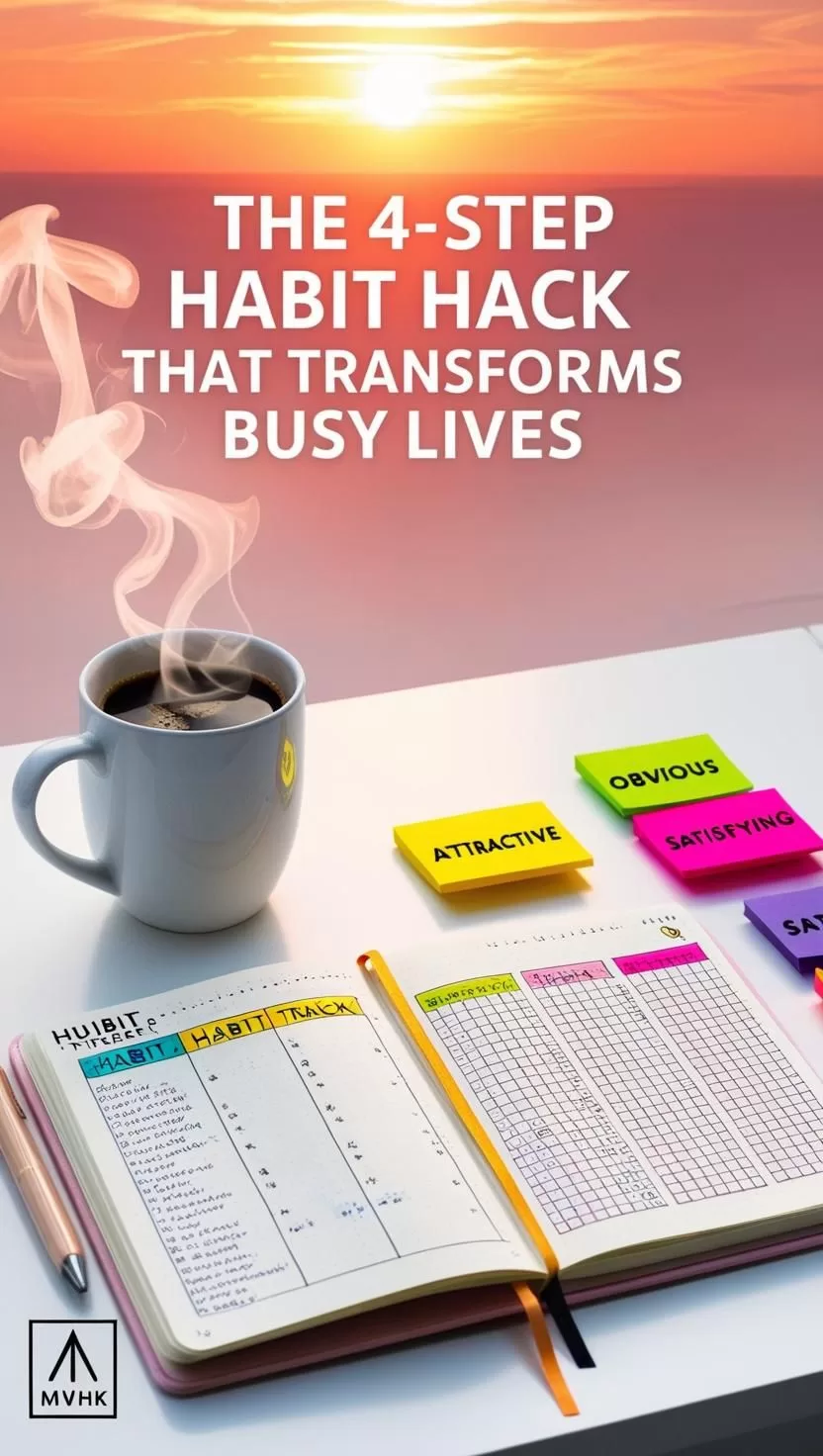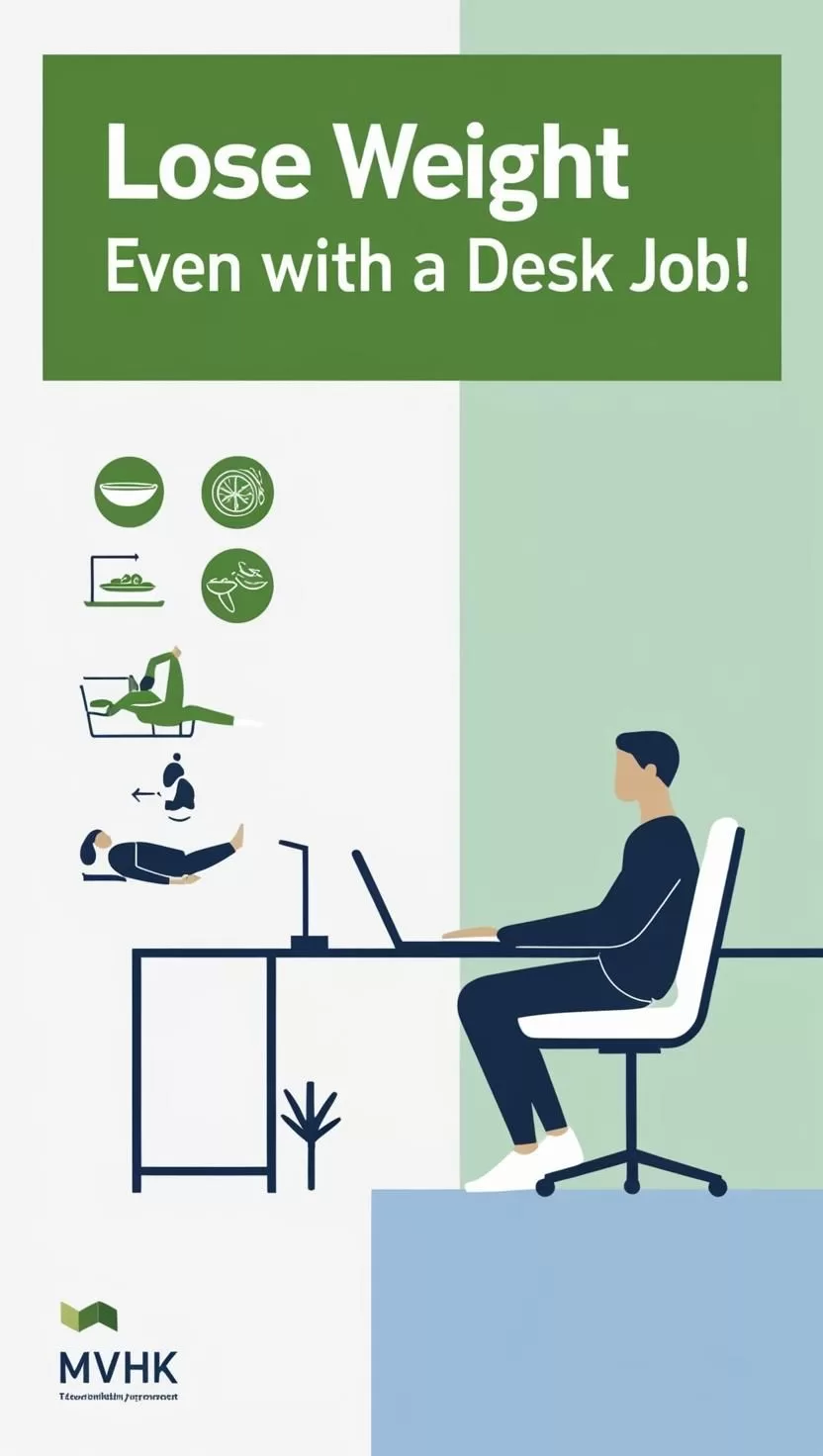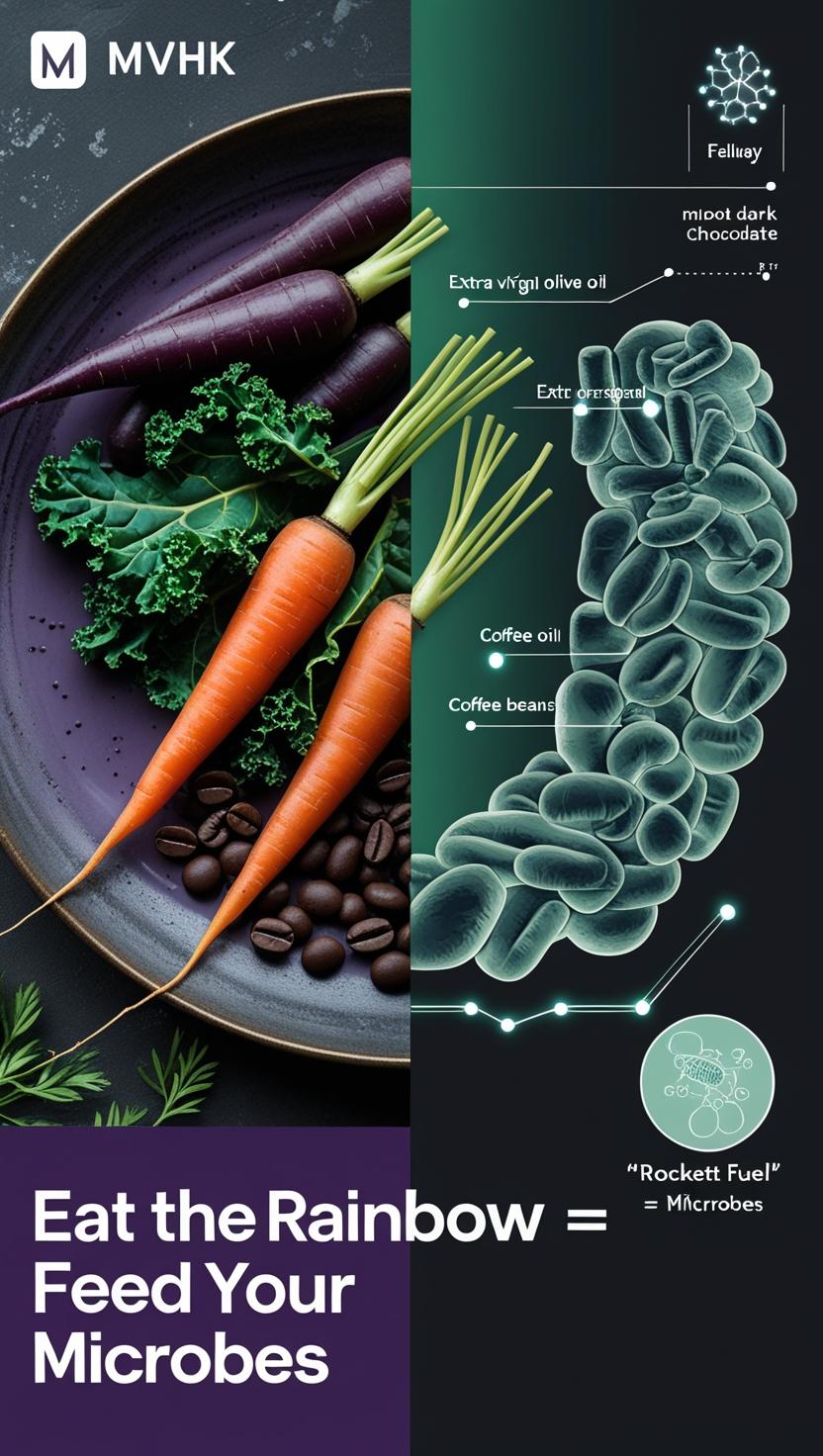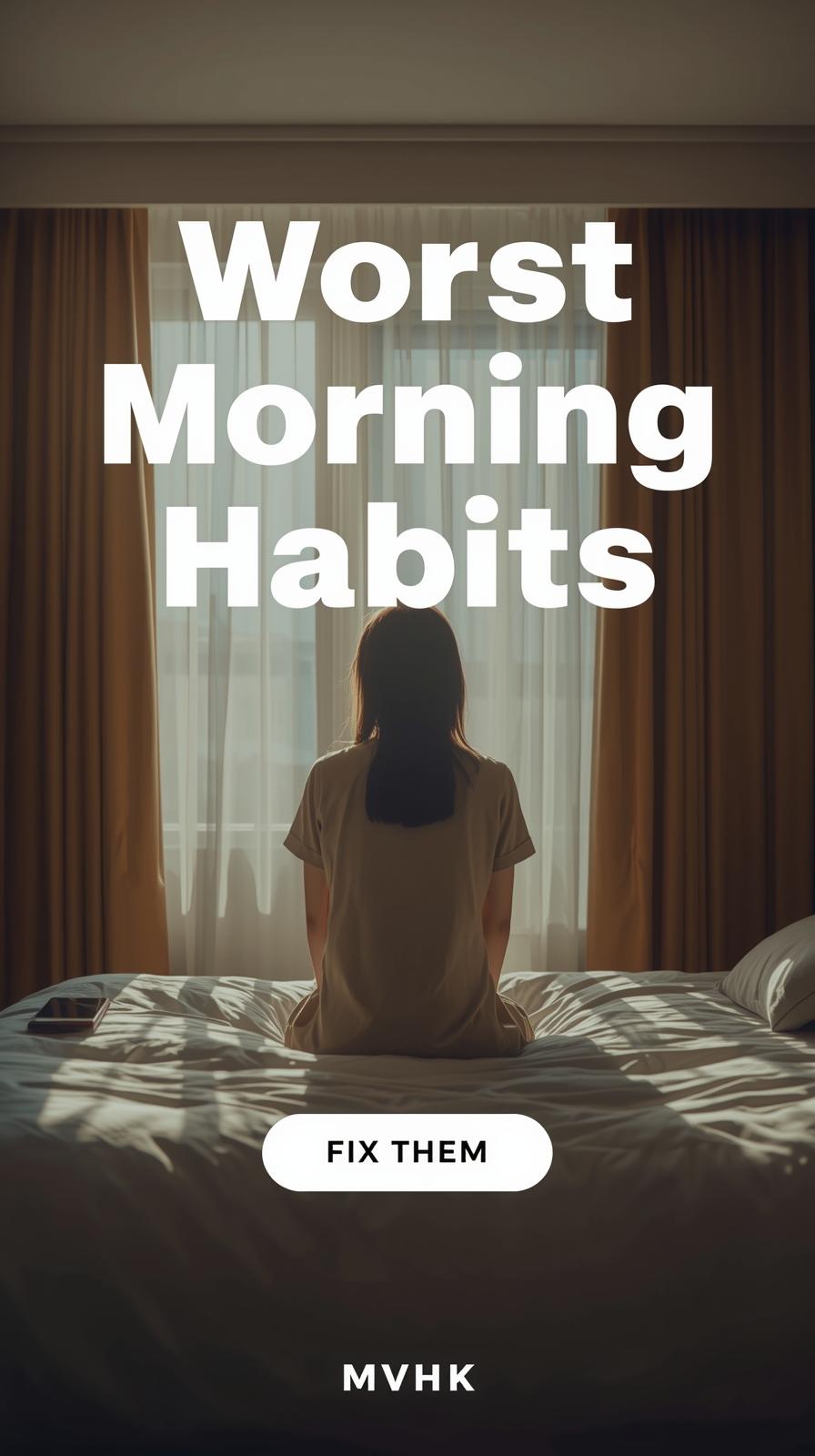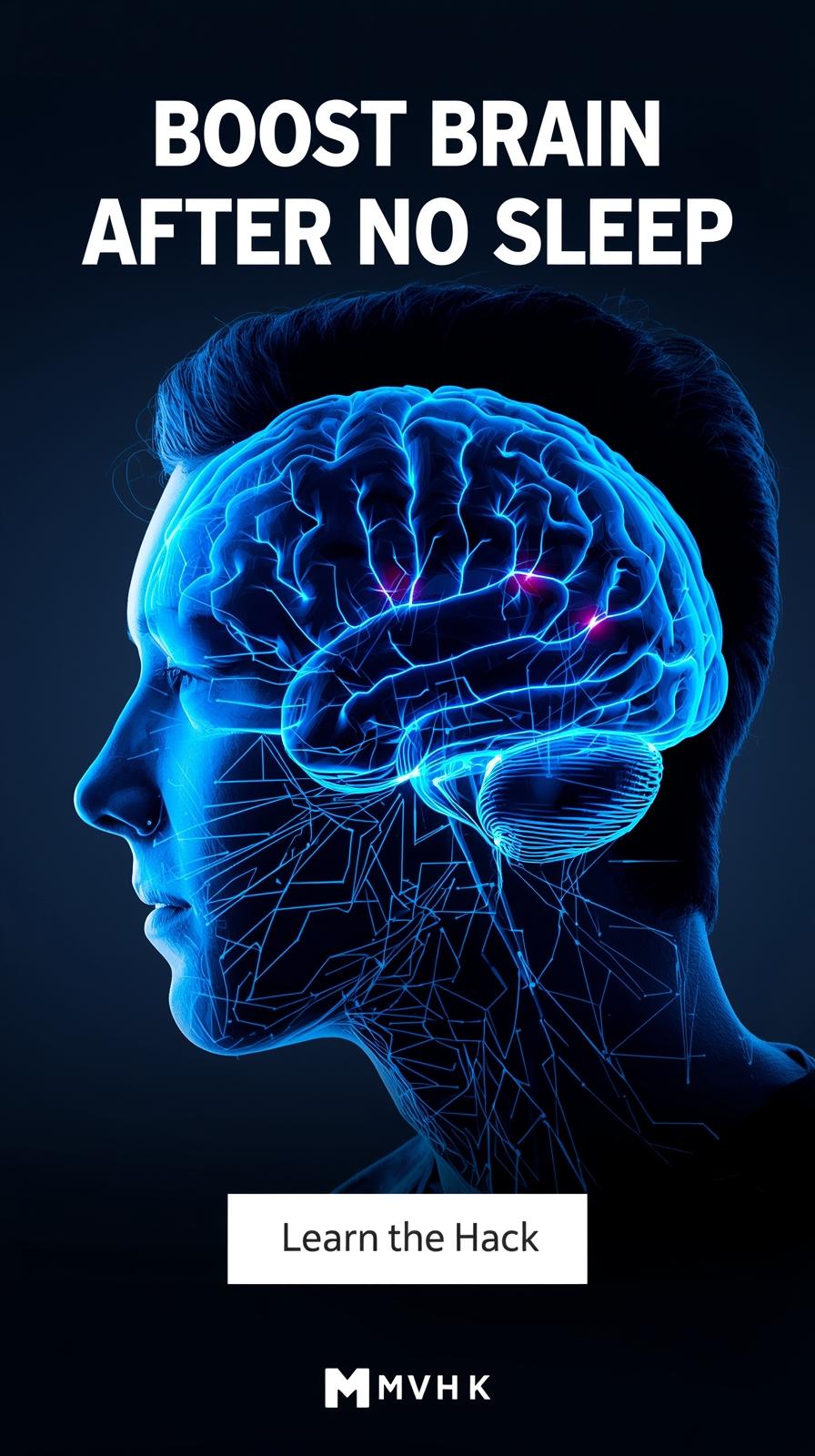How Busy Professionals Can Master Habits Using the Four Laws of Behavior Change
If you’re constantly juggling work deadlines, emails, and life chaos, establishing sustainable habits might feel impossible. But with the Four Laws of Behavior Change — Make it Obvious, Make it Attractive, Make it Easy, Make it Satisfying — you can build a system that works for your overbooked lifestyle. Here’s how.
1️⃣ The Psychology Behind the Four Laws of Habit Change
Why Willpower Fails Busy People
Willpower is like a muscle — it fatigues. For professionals, decision fatigue sets in early. That’s why your environment, not your effort, must do the heavy lifting. The Four Laws help eliminate the guesswork.
Behavior Design vs. Discipline
When your calendar is your boss, self-discipline won’t cut it. Instead, design your habits to run on autopilot by aligning them with cues, rewards, and simplicity.
2️⃣ How to Apply the 4 Laws in a Packed Workday
Make It Obvious — Trigger with Time and Place
Use implementation intentions. Example: “After I open my laptop, I’ll journal one line of gratitude.”
- Tools: Calendar reminders, habit apps, sticky notes
- Environment hack: Put a notebook on your keyboard before bed
Make It Attractive — Temptation Bundling
Pair a necessary habit with a desired action. Example: “Only watch your favorite podcast while walking on your treadmill.”
- Tip: Curate an “Only during workout” playlist
- Result: Your brain starts associating effort with reward
3️⃣ Building Momentum That Lasts
Make It Easy — Lower the Entry Barrier
Starting small is strategic.
- Begin with 2-minute habits: 1 push-up, 1-minute meditation
- Reduce friction: Lay out gym clothes the night before
- Repeat until effortless, then scale
Make It Satisfying — Track and Celebrate
Behavior needs instant feedback.
- Use a visible habit tracker
- Create micro-rewards: Coffee after workout, emoji in tracker
- Track streaks to fuel dopamine and consistency
Conclusion: How to Get Started Today
📍 Step 1: Pick one habit to build (e.g., morning journaling).
📍 Step 2: Choose a trigger (e.g., after brushing teeth).
📍 Step 3: Start with the smallest possible version.
📍 Step 4: Track your success. Visual cues = progress!
Don’t try to change everything. Change the system that shapes everything.
PubMed: Behavior Change Techniques
FAQ
What are the Four Laws of Behavior Change?
They are a system to build habits: Make it Obvious, Attractive, Easy, and Satisfying.
Why do habits fail for busy people?
Most fail because they rely on motivation instead of environment design and behavioral cues.
Can I use these laws for breaking bad habits?
Yes — invert the laws: Make it invisible, unattractive, hard, and unsatisfying.
le?
